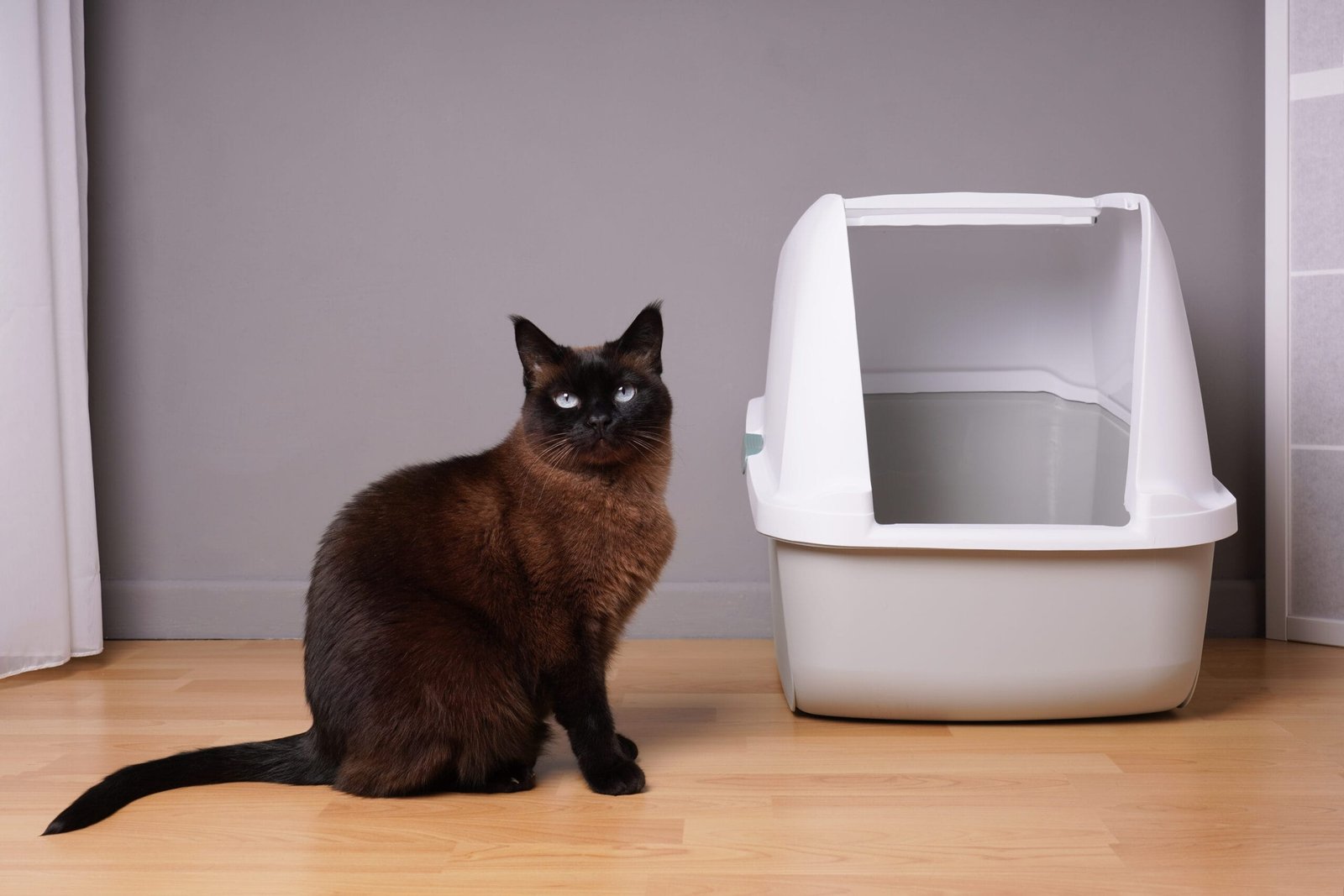Bringing a pet into your home is an exciting and life-changing decision. But should you adopt from a shelter or buy from a breeder? Both choices have advantages and disadvantages, and understanding them will help you make the best decision for your family and lifestyle.
In this guide, we’ll explore the pros and cons of adopting a pet vs. buying a pet and share useful tips on making an informed and responsible choice.
Adopting a Pet: Pros and Cons
✅ Pros of Pet Adoption
✔️ Saves a Life – Adopting from a shelter or rescue helps reduce pet overpopulation and saves an animal in need.
✔️ More Affordable – Adoption fees are usually lower than breeder prices and often include vaccinations, spaying/neutering, and microchipping.
✔️ Variety of Pets Available – Shelters have different breeds, ages, and personalities to choose from.
✔️ Supporting Animal Welfare – Your decision helps prevent unethical breeding practices and supports animal rescue efforts.
✔️ Many Shelter Pets Are Trained – Many adult shelter pets are already house-trained and socialized.
❌ Cons of Pet Adoption
❌ Limited Breed Selection – If you’re looking for a specific breed, it might be harder to find one in a shelter.
❌ Unknown History – Some adopted pets may have unknown health or behavioral histories.
❌ Adjustment Period – Some rescue pets need extra time and patience to adjust to their new homes.
Buying a Pet: Pros and Cons
✅ Pros of Buying a Pet
✔️ Predictable Breed Traits – You can choose a breed with specific size, coat type, and temperament traits that suit your lifestyle.
✔️ Known Health Background – Reputable breeders provide health screenings and pedigrees to ensure genetic health.
✔️ Early Training and Socialization – Puppies and kittens from responsible breeders are often well-socialized from a young age.
✔️ Ability to Raise from Infancy – Buying allows you to raise and train a pet from the start.
❌ Cons of Buying a Pet
❌ Expensive – Purebred pets can be costly, and additional costs like vaccinations, microchipping, and spaying/neutering add up.
❌ Risk of Unethical Breeders – Puppy mills and backyard breeders prioritize profit over animal welfare, leading to poor health conditions.
❌ Contributes to Overpopulation – Buying from irresponsible breeders can add to the growing number of homeless pets.

Tips for Finding a Reputable Breeder or Shelter
Finding a Responsible Shelter
- Visit the shelter in person to assess cleanliness and conditions.
- Ask about the pet’s history, medical records, and behavior evaluations.
- Look for shelters that offer post-adoption support and guidance.
- Choose an organization with a good reputation and strong ethical policies.
Choosing a Responsible Breeder
- Research the breeder’s reputation and reviews.
- Ask for health clearances and genetic testing records.
- Visit the breeder’s facility to ensure ethical breeding conditions.
- Ensure they prioritize animal welfare over profit.
- Avoid buying from pet stores that source from puppy mills.
Conclusion
Both adopting and buying a pet come with responsibilities and rewards. If you want to save a life and support ethical pet ownership, adoption is a wonderful choice. If you’re looking for a specific breed with known traits, buying from a responsible breeder may be the right option.
No matter your choice, always prioritize the health, happiness, and well-being of your future pet. Research your options, choose reputable sources, and prepare for a lifetime of love and companionship!
For more pet care tips and adoption guides, visit Pets Fun Zone today! Join our community of pet lovers to share experiences, tips, and heartwarming pet stories!














Such an insightful read! Whether adopting or buying, giving a pet a loving home is the most important thing. Adoption is such a wonderful way to give animals a second chance, but responsible breeding also has its place. Thanks for breaking down the pros and cons so well! Has anyone here adopted a pet? I’d love to hear your stories! 🐶🐱